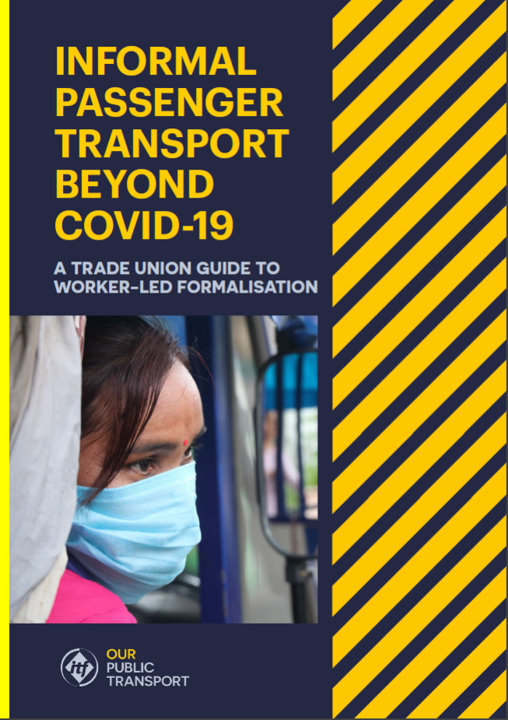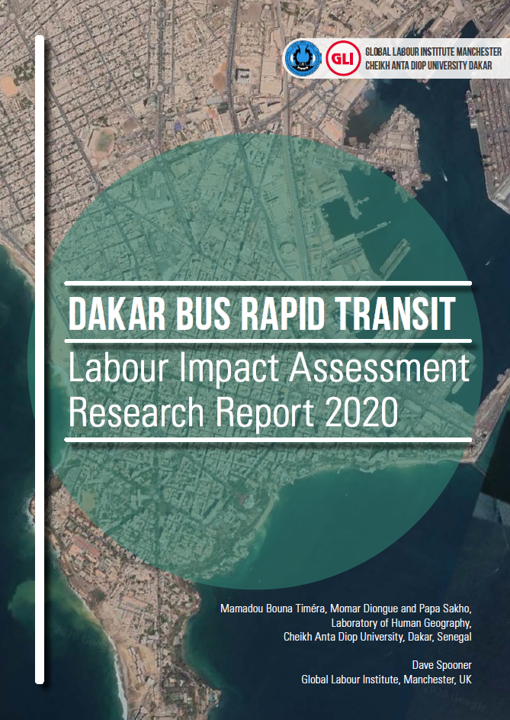Public transport plays an important role in the lives of women. But it remains male-dominated, both in its design and in its employment. Public transport can only be gender-responsive if there are women employed in the industry and if women are involved in decision-making and policy about public transport.
GLI was commissioned by the International Transportworkers Federation (ITF) to produce a chapter on ‘Women in Public Transport’ to outline it’s vision for women in public transport, and to inform policy proposals on gender equality for the ITFs People’s Public Transport Policy as part of the Our Public Transport programme.
The ITF’s Our Public Transport programme promotes a social model of public transport. A social model includes organisational and employment rights for workers and requires that any expansion of public transport guarantees decent jobs. The People’s Public Transport Policy provides the ITF vision for a social model of public transport. The 28 policy demands relate to six key areas of public transport: public ownership, public financing, employment and decent work, women in public transport, worker control of technology and climate change.
The chapters are based on three sources: existing ITF policies and statements; recent developments and experiences in the urban transport sector; and external contributions from organisations and activists. Each chapter includes case studies, as well as supporting campaign materials and education resources.
The ITF women transport workers’ committee has decided to make this campaign a core pillar of the ITF women’s programme. Gender-related issues and women’s participation and leadership are integrated in every aspect of the OPT programme.
Our Public Transport Programme:
- works in target cities to strengthen the voices of workers in the development of new urban transport modes, including bus rapid transit (BRT), and in negotiating the transition from informal to formal work
- campaigns to improve working conditions for all public transport workers – informal transport workers in particular – through increasing their industrial power. This includes building union networks in public transport multinational corporations, developing alliances with passengers, communities and other organisations and promotingwomen’s employment in public transport
- works to develop an alternative public transport policy – one that is built on public ownership, public financing, decent jobs and union rights for workersThe ITF women transport workers’ committee has decided to make this campaign a core pillar of the ITF women’s programme. Gender-related issues and women’s participation and leadership are integrated in every aspect of the OPT programme.
Click here to read and download the chapter.





